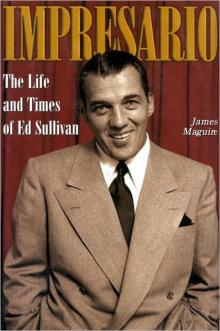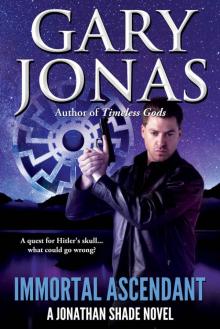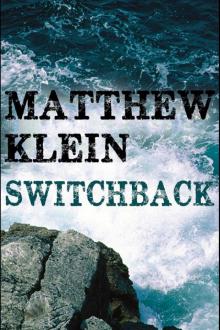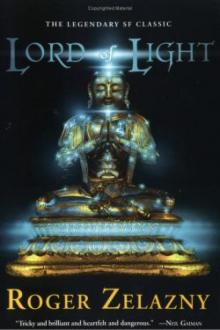Impresario: The Life and Times of Ed Sullivan


Author: James Maguire
Category: Other3
Published: 2011
Series:
View: 401
Read OnlineRetail• Sullivan has nearly 100% name recognition among people 40 and older • In a survey of the fifty most influential programs in the U.S., TV Guide ranked The Ed Sullivan Show #10 • Show still appears on PBS and on cable stations across the country • Sixty million baby boomers grew up watching The Ed Sullivan Show For more than twenty years, from 1948 to 1971, fifty-five million viewers watched The Ed Sullivan Show religiously every Sunday night. Everyone who was anyone appeared—the Beatles and Elvis, of course, and Woody Allen, Bill Cosby, and Elizabeth Taylor, plus public figures such as Fidel Castro, David Ben-Gurion, and Martin Luther King, Jr. More than thirty years later, the program remains a pop-culture icon. But despite Ed Sullivan’s prominence, little was known about the private man...until now. Impresario reveals what the Sullivan viewers never saw: nasty, hot-tempered, craven, yet also capable of high ideals and, above all, hugely ambitious. At a time when Americans are looking back, The Ed Sullivan Show stands out as a shining example of television during the golden era. Impresario lets readers look behind the screen to see the man who made it happen. From the Hardcover edition.From Publishers WeeklyRunning from 1948 to 1971, the Ed Sullivan Show's "Big Tent" theory defined family viewing. Each Sunday night, more than 35 million people tuned in to see everyone from Elvis to Richard Pryor, the Beatles to Nureyev. Animal acts and high art shared billing. A gig on Sullivan made many performers. Maguire, who is also publishing an account of the National Spelling Bee this season (American Bee), reveals the man behind the curtain, portraying Sullivan (1901–1974) as tyrannical, egotistical and controlling. As Maguire tells it, the sportswriter turned Daily News columnist had one goal: fame. Sullivan failed at radio and film, but triumphed in print, and though his early TV years were rocky, he successfully (and lucratively) captured the zeitgeist; his tastes were America's tastes. As an emcee, he was awkward and stilted in front of the camera; as a producer, he was brilliant and intuitive. "[W]ithout being able to sing, tell jokes or be charming," he became famous. Yet the successful star was a loner. He adored his wife, but had no close friends or real home life. Maguire has written a fascinating biography and meticulously recorded the birth of TV, the heyday of newspaper columnists and the glamour of New York. 40 b&w illus. (June) Copyright © Reed Business Information, a division of Reed Elsevier Inc. All rights reserved. From BooklistAlthough Ed Sullivan started out as a tough-as-nails New York Daily News Broadway columnist, he became an arbiter of American taste as the wooden, sour-faced host of a long-running TV variety show that validated the talents of mouse puppet Topo Gigio, Elvis, and the Beatles for the masses. He was perceived as so potent a fortune maker that the Rolling Stones altered lyrics to cater to his fears of offending his ardent viewers. Thirty years before clipping Mick and the gang's lyrical wings, he picked a fight in print with vaudevillian and movie star Eddie Cantor, accusing the singing comic of plagiarizing Bert Lahr's dog act and stealing jokes in the manner of then up-and-comer Milton Berle. Cantor fired back that vaudevillian-turned-club-comic George Jessel was the actual dog-act thief, but Sullivan "characteristically," Maguire says, "admitted no mistake." Well written and highly detailed, Sullivan's biography, like his career, has it all, really-big-show-wise. A must-have for collections emphasizing show-biz history. Mike TribbyCopyright © American Library Association. All rights reserved
 Premortal
Premortal Lust Call
Lust Call Immortal Ascendant
Immortal Ascendant Sweet Hearts
Sweet Hearts Switchback
Switchback Impulsive Price
Impulsive Price A Test of Faith
A Test of Faith Lord of Light
Lord of Light